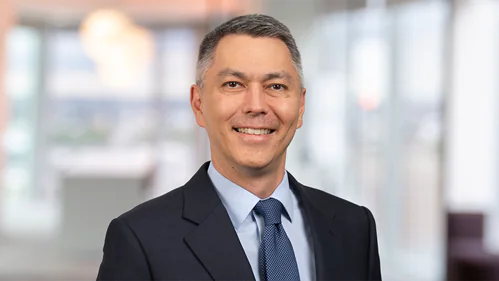
Decarbonising the world’s energy system is going to require significantly more of certain commodities, like copper, nickel, lithium and even steelmaking raw materials, according to BHP CEO Mike Henry.
“The grade, or percentage of metal in a given volume of ore, is falling at existing operations. And this means more ore needs to be mined just to stand still. Newly discovered and developed deposits are, on average, incrementally lower grade as well. They’re increasingly hard to find, oftentimes deeper, and oftentimes smaller,” he said at the opening of the IEA Critical Minerals and Clean Energy Summit.
The summit was held in Paris, France on 28 September 2023 and focused on measures to promote the secure, sustainable and responsible supply of raw materials.
Mike highlighted that societal expectations have grown in relation to ESG and how value gets created for all stakeholders.
He noted the implications of the new landscape as:
- Increasing the importance of collaboration: Guided by common global standards and good governance throughout the whole of the value chain.
- Requiring a significant and growing quantum of capital: BHP estimates that, under a 1.5 degree scenario, the copper industry could require around $250 billion in growth capital over the next seven years, and that is over and above sustaining capital.
“Today, too often we still see short-termism in government policy, or policies which seek to meet near term political objectives, but which show limited understanding of what drives investment. And this slows up deployment of capital and will ultimately make the energy transition harder and more expensive,” he said.
He further suggested that miners should be granted access to resources based on the value they create, including for host communities and First Nations Peoples, while noting that too many standards for the same ESG dimensions leads to confusion and dissipated effort.
“We must also not lose the opportunity to improve natural resources governance across the board, so that countries endowed with resources see economic value trickle down. Key to natural resources governance are policies such as transparency around taxes paid, strong anti-corruption frameworks and transparency around approvals processes,” he said.
Despite acknowledging the role of recycling, Mike highlighted that it was not a singular solution to the need for fresh metal units
“A combination of pragmatic international cooperation and competition can accelerate the energy transition. The magnitude of the challenge is significant and change is coming fast. But with that comes great opportunity. This opportunity will only be realised through concerted effort and collaboration across industry, investors and governments, putting predictability and responsibility at the core,” he concluded.
 Subscribe to ESG Global newsletter
Subscribe to ESG Global newsletter